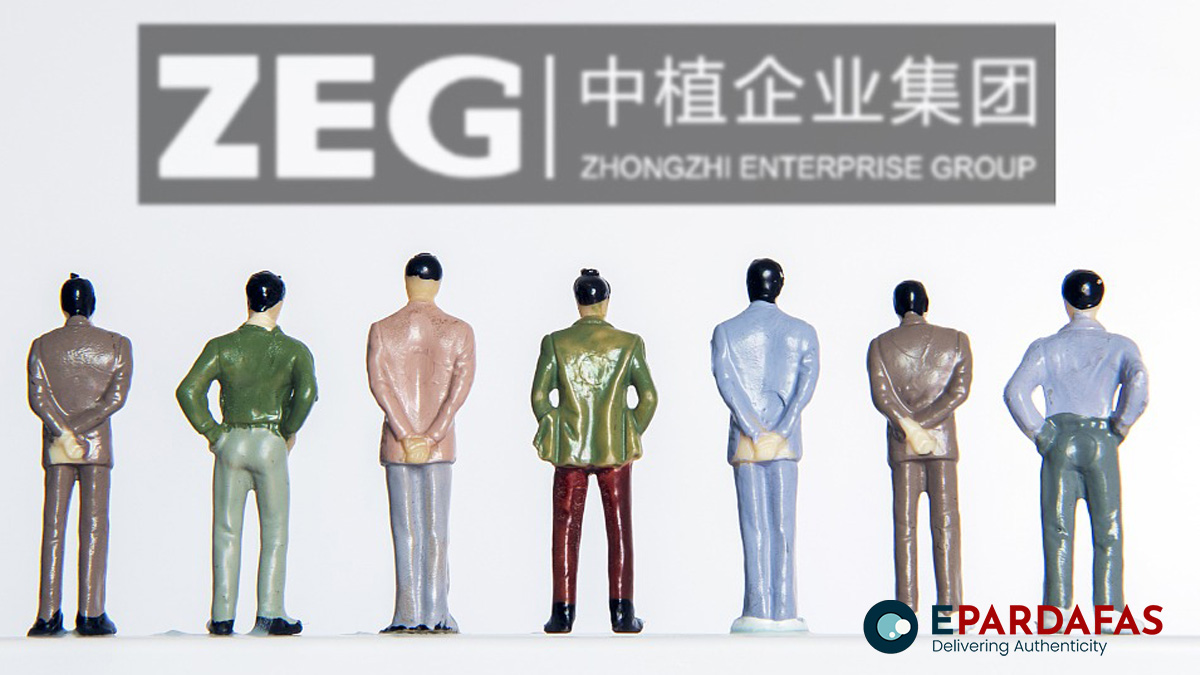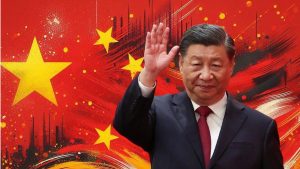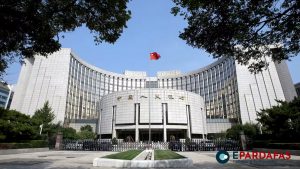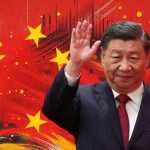
Zhongzhi Enterprise Group: From Shadow Banking Giant to Bankruptcy
Zhongzhi Enterprise Group, once a leader in China’s shadow banking sector, used aggressive and potentially illegal sales practices to keep its operations afloat as it teetered on the brink of collapse, according to records reviewed by Reuters and accounts from individuals with direct knowledge of the situation. This former giant, which declared insolvency last year, is now a cautionary tale of unchecked financial practices, with far-reaching consequences for investors and China’s economy.
A Rise Fueled by China’s Property Boom
Zhongzhi, headquartered in Beijing, rose to prominence during China’s property boom, becoming a key player in the country’s $18 trillion asset-management industry. The company sold wealth-management products to investors, with proceeds funneled by licensed trust firms like its Zhongrong unit to developers and other companies that could not secure bank funding due to poor creditworthiness.
This shadow banking operation, largely outside the regulatory purview that governs commercial banks, allowed Zhongzhi to become a significant financial player. However, the company’s downfall was set in motion as it increasingly relied on new investors’ money to pay returns to existing ones, a practice reminiscent of a Ponzi scheme.
Violations and Suspected Illegal Practices
Zhongzhi’s practices appear to have violated Chinese financial regulations established to prevent such risky behavior. According to two lawyers who reviewed Reuters’ findings, the company’s actions could result in hefty fines and prison sentences of up to 10 years.
“The core of its suspected illegal action is raising money from investors through its licensed financial institutions to fund the group’s business operations and expansion,” said Zhang Guanghui, an attorney at Guangdong Suijia Law Firm.
Despite the severity of these accusations, neither Zhongzhi nor the Chinese authorities have provided detailed responses to inquiries about the company’s practices.
The Fall: A Liquidity Crisis and Bankruptcy
Zhongzhi’s liquidity crisis became public when its trust unit, Zhongrong, missed payments on dozens of products in the third quarter of 2023. This failure ignited investor protests and heightened fears that China’s property market collapse was spilling over into its $66 trillion financial industry. By November 2023, Zhongzhi announced it was insolvent, with up to $64 billion in liabilities. The group filed for bankruptcy liquidation in January 2024, and Beijing police launched investigations into its business practices.
In August 2024, Beijing prosecutors charged 49 individuals connected to Zhongzhi on suspicion of illegally absorbing public deposits. However, details about the specific deposits or units involved remain unclear.
The Human Toll: Investors and Employees
Interviews with current and former Zhongzhi employees and investors, as well as records reviewed by Reuters, reveal how the company’s questionable practices exposed middle-class savers to the devastating effects of China’s property bust. The eight sources, who spoke anonymously due to fear of official retribution, painted a grim picture of the company’s inner workings.
Founded in 1995 by Xie Zhikun, a self-made tycoon, Zhongzhi flourished during China’s property boom. The company raised funds by selling wealth products to retail investors, while its trust arm, Zhongrong, charged developers high interest rates on loans. Xie, who passed away in 2021, had built a vast business empire, but his death coincided with the beginning of the property sector’s liquidity crisis.
By 2022, Zhongzhi’s units were desperately trying to cover their financial shortfalls. In one instance, a Hang Tang Wealth salesperson guaranteed a 6.2% return on a three-month wealth-management product, far exceeding local bank deposit rates. Such high returns were unsustainable, particularly as China’s property market began to unravel.
As developers defaulted on loans, Zhongrong could no longer meet its obligations to investors. In a recorded meeting with investors in August 2023, Zhongrong’s board secretary Wang Qiang admitted that the company was struggling to pay redemptions because its investments were no longer generating returns. He also acknowledged that some of the company’s products had characteristics of capital pools, which are prohibited under Chinese regulations.
Aftermath and Uncertain Future
Zhongzhi’s collapse was largely due to its excessive loan exposure to cash-starved developers, many of whom had turned to shadow banks after being cut off from traditional lenders. Zhongrong’s real-estate investment exposure was 10.7% of its total assets under management by the end of 2022, nearly double the industry average.
The bankruptcy proceedings are expected to be lengthy. In June 2024, a Beijing court announced that Zhongzhi’s bankruptcy administrator had applied for “substantial consolidation” and liquidation of the company and its 247 affiliated firms.
For many investors, hope of recovering their money is fading. Wang, a 51-year-old tech company owner from Shenzhen, invested 1 million yuan in a Zhongzhi unit’s four-year term product, expecting a return of 11%. But several months before her returns were due, Zhongzhi declared insolvency.
“It turned out I was caught in the landslide,” Wang said.
Zhongzhi’s downfall serves as a stark reminder of the risks inherent in China’s shadow banking sector, particularly as the country grapples with the fallout from its property market collapse. As the bankruptcy process unfolds, many are left wondering how such a prominent company could fall so quickly and what this means for the future of China’s financial system.













Comments